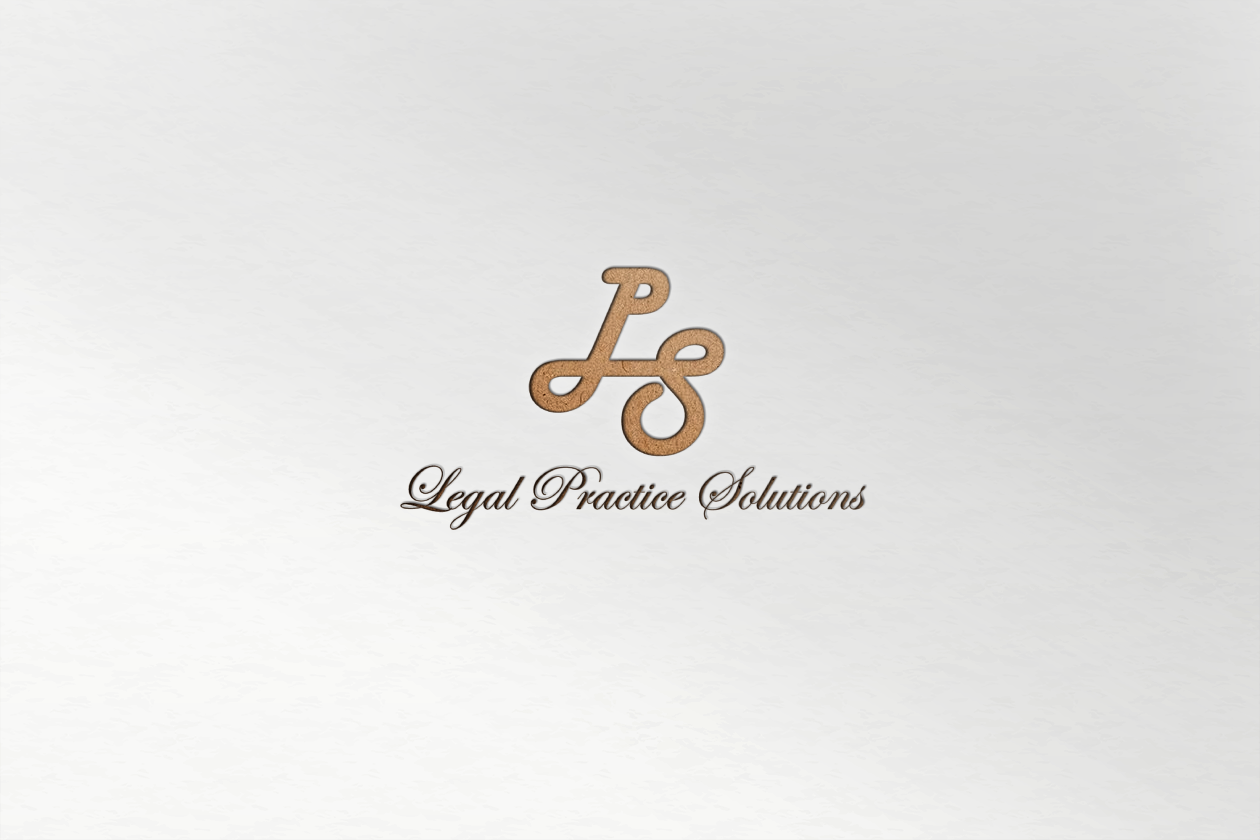Dumping can be emotionally draining and daunting. Whether the divorce is amicable or adversarial, it can substantially transform every facet of your life—financial, emotional, and legal. This is a challenging legal environment for most individuals, and many are making fatal mistakes with long-term consequences. Arming yourself with knowledge of the most frequent blunders during a divorce can ease stress, as well as help you to avoid making any costly mistakes. In this article, we will review 10 common mistakes made during the divorce process and share our professional insights on how to avoid these mistakes and protect your rights. Experienced Family Law Attorney in Fort Lauderdale providing expert advice to help you make the best decisions throughout the process.
1. Failing to Hire a Competent Divorce Lawyer
One of the common mistakes that people make is attempting to navigate their divorce on their own. Even if you and your wife or husband are on speaking terms, divorce carries legal intricacies that will be hard to work through without an attorney. A knowledgeable divorce attorney can explain your rights, provide advice specific to your circumstances, and work to ensure your interests are protected. Without the help of an experienced legal professional, you could find yourself making decisions that will likely affect your life for the worse – decisions concerning the division of property, child support, child custody, or spousal support money.
2. Letting Emotions Drive Your Decisions
Divorces are emotionally charged; feelings of anger or hurt can cloud one’s judgment. Yet, decisions based on emotions, rather than reason, can be disastrous. The truth is, when you fight for sole custody despite, or request an unreasonable settlement, you’re not thinking with your “adult brain.” Emotional decisions often cloud one’s reasonable judgment. Instead, it can be helpful to enter into your divorce with a clear head, and with the future and, if applicable, your children in mind. It will also allow you to communicate effectively with your ex-husband as well as your lawyer.
3. Hiding Assets or Income
The temptation to conceal assets or income and keep such assets and revenue away from your spouse may be strong, but there are potential serious consequences to that. Courts do not take dishonesty and financial fraud, and it can lead to harsh consequences. Although this may sound like a great way to pull one over on your spouse and their attorney, hiding assets can very well result in your spouse getting more than their fair share. It’s also bound to create long-term problems if it is found later. The more you can let the court in on what’s going on financially, the more they can trust you and the better able you are to settle matters.
4. Ignoring the Importance of Financial Planning
The financial consequences are sometimes not insignificant in a divorce. Alimony, child support, and equitable distribution of property are discussed in more detail on the other pages, as each one warrants a more thorough analysis; however, all are part of your financial picture that will impact your future, and you must know all of the data before you sign anything. Most people don’t take a realistic look at their post-divorce money situation. They may end up in a terrible financial shape later on if you hire a financial advisor to pair with your divorce attorney and gain clarity around your future financial burden, as well as to safeguard what’s rightfully yours.
5. Failing to Consider Tax Implications
Divorce can have substantial tax implications, particularly regarding the division of assets, alimony, and child support. People often don’t consider their divorce settlement when it comes to taxes in the long run, which means they usually find themselves faced with a surprise tax bill once the dust has settled. Child support awards are an example of this – they are tax-deductible to the paying party and are not considered taxable receipts for the party receiving them. Likewise, how you divide assets, including retirement accounts or real estate, can influence your tax liability. You can ensure that you won’t make decisions that will end up costing you later by talking about these with both your attorney and a tax expert.
6. Not Prioritizing Your Children’s Well-Being
Children’s well-being is a primary concern in divorce cases. Not putting them first through the process leads to consequences down the road. Yes, you are going to think about what’s going to be best for you, but it’s essential to keep in mind that children do best in stable environments where both parents are involved. When deciding on child custody, visitation, and support issues, always consider the children’s best interests. This will be a win-win situation for them, and it will also show the court that you care about their well-being.
7. Settling Too Quickly
While racing to complete the divorce, some individuals hurry into an agreement that they do not fully comprehend or realize the long-term consequences of. While you may (obviously) want to draw the emotional pain of your divorce to a close as quickly as possible, you don’t want to get so eager to end it at any cost to cloud your judgment and make hasty decisions that have an impact on the rest of your life. It is essential to thoroughly evaluate any settlement offers, particularly those concerning assets, child custody, and support. Discussing and negotiating with your attorney can ensure you get to a reasonable and fair result that meets your needs.
8. Being Too Stubborn During Negotiations
While it is essential to be clear on what is most important to you, being too hard on issues or refusing to be flexible can result in a divorce that is dragged out too long. The give and take may be part of any divorce settlement, and inflexibility may obscure, rather than illuminate, a resolution. An experienced attorney can help you decide which fights are worth waging and what concessions might be acceptable. Being open to compromise can save you the expense of a legal process and emotional stress, and lead to a fair result.
9. Failing to Understand the Divorce Process
The rules for divorce vary by state, and it can be a painful process that may look very different depending on where you live. Not being clear on exactly what the divorce process is in your state can result in error, wasting time, and missed chances at an equitable settlement. For instance, some states have no-fault divorce laws, whereas in others, wrongdoing must be proven. Knowing the process in advance can provide you with a better understanding of your options and enable you to make informed decisions based on the available information. A West Palm Beach Attorney who is knowledgeable about local law may guide you in the optimum fashion to handle divorce in your area.
10. Not Taking Care of Yourself
Finally, while amid a divorce, it’s also very easy to get caught up in legal battles, personal pain, and the anxiety of starting over. But letting yourself go physically and mentally could make things worse. Divorce is hard, but sticking to your schedule, getting emotional support, and taking care of yourself will help you go through the process and come out better. Additionally, taking care of yourself will put you in a better position to make informed decisions and remain calm during the process.
Conclusion
Divorce can be a scary journey, but the more you avoid common mistakes, the easier it will be! From selecting the best lawyer to concentrating on financial planning, rationality, and your child and family’s welfare, it is crucial to work in an innovative, proactive, and informed manner. If you remain calm and keep your eye on the long-term prize and do not make any hasty decisions, you can protect yourself from making mistakes both legally and emotionally to ensure a healthy outcome. If you need legal advice, consult with a Family Law Attorney in Fort Lauderdale or with a West Palm Beach Attorney to learn about what options you have when going through a divorce and ensure that your future is being adequately protected.




